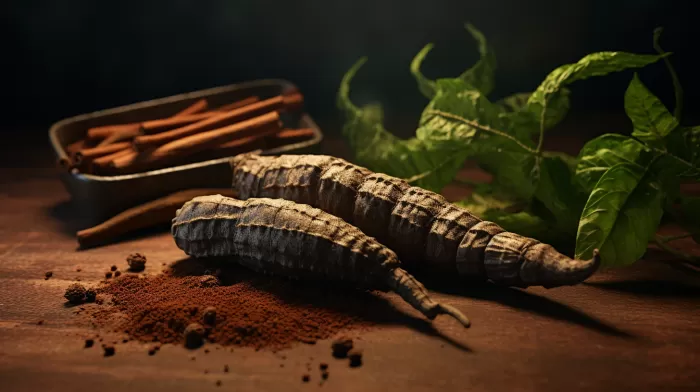Cancer is a terrifying word for most people, and researchers are always looking for ways to combat or prevent it. While there are many ways to treat various types of cancer, prevention is always the best option. One way to do this is by including cancer-fighting spices in your diet. Turmeric, ginger, garlic, and oregano are familiar spices with well-documented health benefits. However, there is another potent, anti-cancer spice that you might not have heard of yet, and this one has some extraordinary benefits.
Introducing Indian long pepper: the cancer-fighting spice you didn’t know you needed.
Indian long pepper has been used for centuries in Ayurvedic medicine to treat a wide range of health problems, including insomnia, anxiety, headaches, migraines, toothaches, digestive problems, lung disorders, and heart problems. And more recent research has shown that piperlongumine, a chemical found in Indian long pepper, has incredible anti-cancer properties.
How Indian Long Pepper Helps Fight Cancer
Indian long pepper can help ward off various types of cancer, such as prostate, breast, colon, lymphoma, leukemia, brain, and gastric cancer. This is due to the presence of a cancer-fighting chemical called piperlongumine. Researchers from the University of Texas Southwestern Medical Center discovered that piperlongumine switches off the GSTP1 gene, which produces a detoxification enzyme that promotes tumor growth.
Dr. Kenneth Westover, Assistant Professor of Biochemistry and Radiation Oncology at UT Southwestern, emphasizes the importance of modern science in verifying ancient medical claims, saying, “This study illustrates the importance of examining and re-examining our theories. In this case, we learned something fundamentally new about a 3,000-year-old medical claim using modern science.”
Adding Indian Long Pepper to Your Diet
Now that you know about the impressive anti-cancer benefits of Indian long pepper, you might wonder how to incorporate it into your diet. The Indian long pepper has a sweet and spicy flavor that works well in various dishes, such as soups, stews, veggie dishes, and as a dry rub for meat. You can even use it as a substitute for black pepper, but be warned that it has a bit more of a bite, so you may want to use less.
You can find Indian long pepper in dedicated spice shops, Indian markets, or online. If you purchase it in its whole form, you’ll need to grind it up to use it as a spice. You can do this with a mortar and pestle or a spice grinder, although the former is the quicker and easier option.
If you’re not an adventurous eater and don’t feel like trying the exotic Indian long pepper in your food, don’t worry – there are long pepper supplements available on the market as well. No matter whether you add it to your food or take it as a supplement, the end result can help lead to better health and a reduced risk of cancer.
Spices Are Just One Piece of the Puzzle
It’s essential to note that while including cancer-fighting spices in your diet can help reduce your risk of developing cancer, they are not the only solution. A well-rounded, healthy lifestyle that includes regular exercise, a balanced diet, stress management, and regular check-ups is crucial for overall health and well-being.
Additionally, if you have any concerns about cancer or any other health issue, speak with a healthcare professional for advice and guidance.
In conclusion, adding Indian long pepper to your pantry and regularly incorporating it into your meals can be a simple yet effective way to help reduce your risk of developing various types of cancer. Plus, it adds a delicious and exotic flavor to your dishes. So why not give this ancient spice a try and enjoy both the taste and the health benefits it offers?



